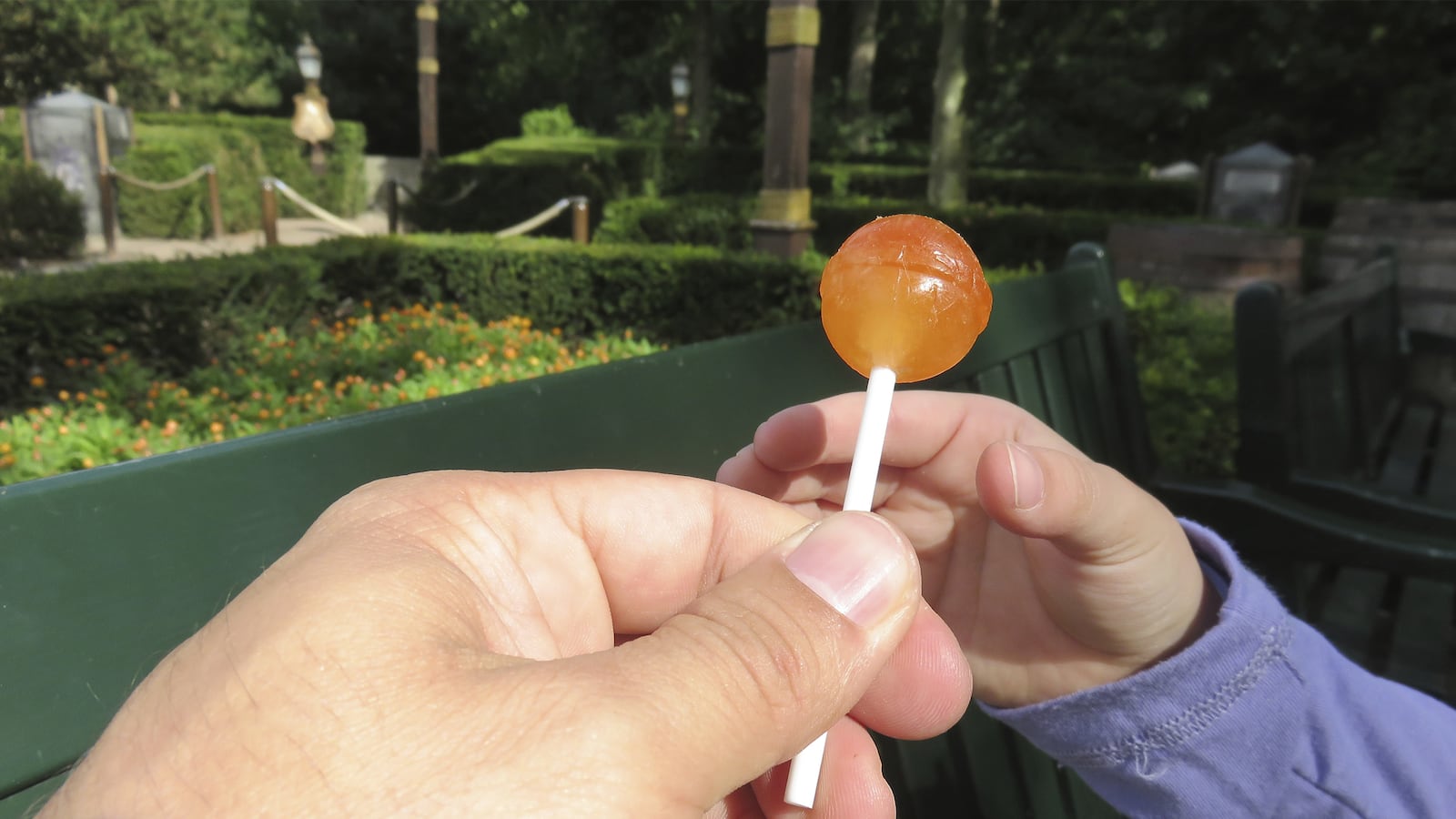Your mother told you. Your father told you. Chances are, you’ve told your kids: Don’t talk to strangers. The trouble is, this advice doesn’t work. Kids need other ways to stay safe and better ways to interact with the world.
Strangers are usually the ones who help a lost, scared, or hurt child. These folks are usually other parents, perhaps off-duty teachers, certainly medics, firefighters, and other official personnel. These people are the helpers, though all strangers to the child.
Many people we expect children to trust instantly are strangers: the new babysitter (mom and dad are walking out the door and leaving me with this person), the new teacher, even Uncle Drew who hasn’t visited for a year. Who’s a stranger and who isn’t is a great source of confusion for young children. Preschoolers tend to think that someone with a beard or funny clothes must be a stranger (think Santa), or that strangers are always big or mean. Children also tend to assume that strangers aren’t strangers any more once you know their names. Instead of stranger danger, it’s stranger confusion.
Telling kids not to talk to strangers fails to protect children at the most basic level. Children are most often harmed by friends and family. This unsettling statistic is one we wish would go away. It’s far more convenient to blame the faceless stranger than to confront domestic violence, incest, and other abuse. Instead of generating fear about strangers, it’s more helpful to teach kids how to set limits on their bodies, and trust the “uh oh” feeling that comes when there’s a problem. If it feels icky, it is icky, whether the person involved is Grandpa Jack or the beloved hockey coach.
The “don’t talk to strangers” message cultivates a culture of fear. Children who have been drilled in this message sometimes freeze when a neighbor walks down the sidewalk. Others refuse to talk. Parents are scaring themselves so much with unrealistic thoughts of stranger abduction that they bring the kids indoors and limit their exposure to healthy play and exploration. This fear is overblown
“Oh, you can’t let kids walk to school these days, not with the world the way it is,” we remark to each other. We fear today’s world, but the truth is life is much safer for children today than it has been for years. Violent crime, including crimes against children, has plummeted. In fact, according to the U.S. Department of Justice, it’s at its lowest rate in 40 years. Most abductions involve family members who take children in custody disputes.
Instead of teaching kids to fear strangers, train them how to find helpful strangers if they get lost or hurt, with phrases like “find a mom or dad.” Also resist the urge to tell children to “be a good boy” or “play nicely.” Children often believe that being good means doing whatever adults tell them—even if the “play” crosses boundaries. Children need to get practice saying what they don’t like and setting limits on people of all ages, especially when it comes to their bodies. For example, “Did you like it when Kevin pushed you? No? Well, tell him to stop.” Even young children need to learn they have rights.
The stranger/danger mindset matters because it severely crimps children’s freedom and access to healthy risk and play. It means kids are in the car more as parents drive them to school or to the park. It means kids are inside more because parents worry about strangers near the front yard or sidewalk. It means kids have more organized activities to “keep them out of trouble,” and less time to play and explore ideas on their own.
Most actions done in the name of keeping children safe actually elevate the danger. Driving in the car is far riskier than stranger threat. Car crashes are the leading cause of death and serious injury for today’s children. Staying inside limits physical movement and time outside with nature, of course, but it also deprives kids of the chance to develop street smarts. It takes practice to understand the way the world works and learn how to trust and distrust. Kids who can gauge risk—whether it’s balancing on a wall or interacting with a person—are safer than kids who are over-sheltered. Stress and anxiety build up in kids when they don’t have enough time to play.
It’s time to stop repeating lessons that don’t work. Examine the facts. Open up and remember the world is full of helpers. When we consider how to keep kids safe, we need to second guess our fears and rethink what the worn-out adages tell us.
Talking to strangers is just one of the conventions Heather Shumaker up ends in her book It’s OK to Go Up the Slide: Renegade Rules for Raising Confidant and Creative Kids . She is also the author of It’s OK Not to Share.






